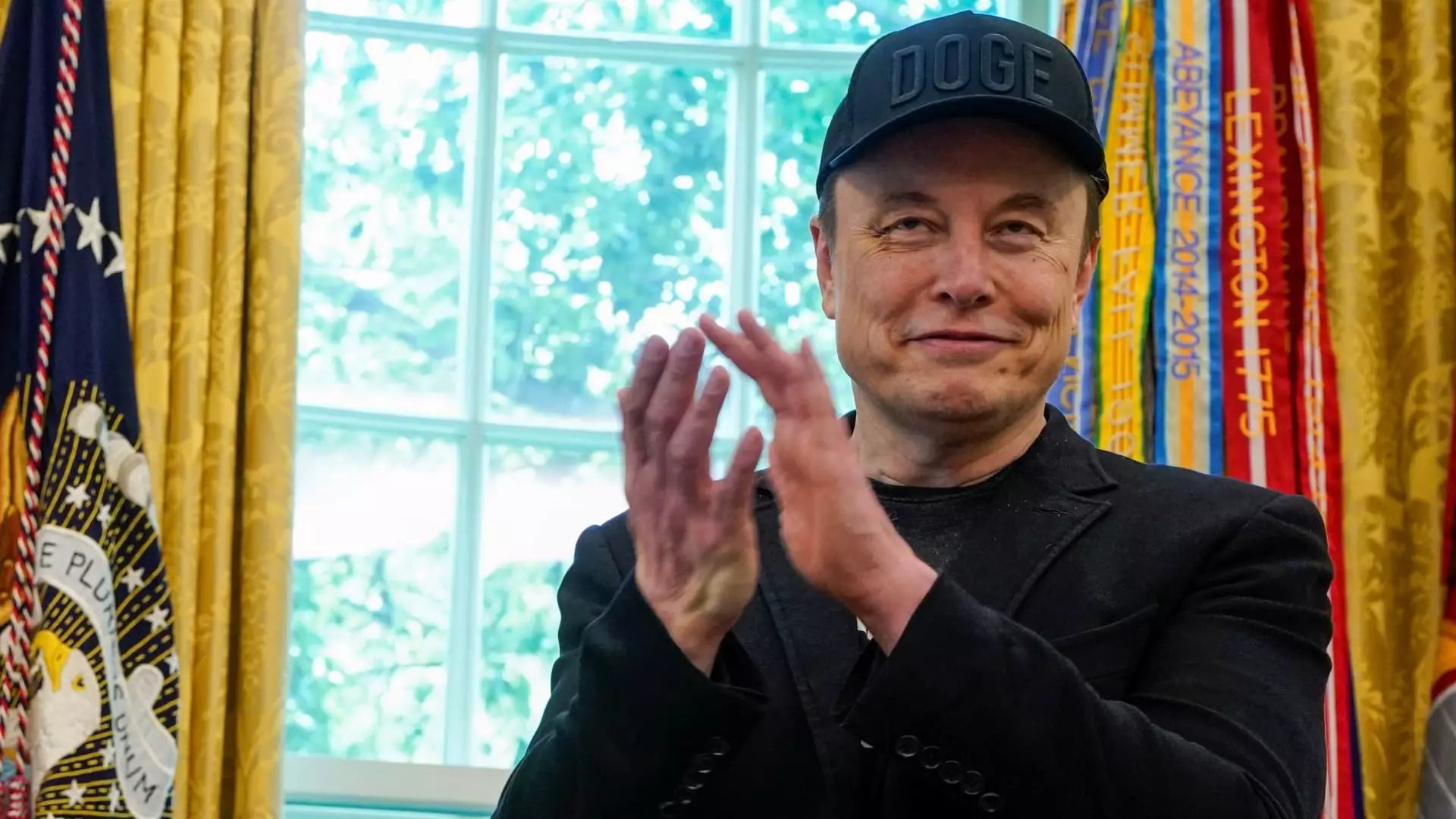Elon Musk’s announcement of forming the “America Party” sends ripples through the political landscape, but the motives behind this move deserve closer scrutiny. Rather than a genuine effort to serve the common good, Musk’s declaration appears more as a strategic maneuver rooted in personal ambition and a desire for influence. His assertion that Americans will “get back your freedom” sounds compelling but lacks concrete policy proposals or a clear ideological foundation. This vagueness raises suspicions about whether this new party is truly committed to positive change or simply a vehicle to sway existing power structures in favor of Musk’s interests.
The fact that Musk has chosen to promote this idea via social media rather than through established political channels hints at a superficial approach. His support for a handful of Senate seats and House districts, aimed at decisive legislative influence, underscores how little faith he appears to have in the existing party system. It suggests his primary motivation could be to leverage a strategic minority position rather than to build a broad-based movement rooted in shared values.
The Power of Wealth in American Politics
Musk’s role as a significant financial backer during the 2024 presidential campaign complicates his portrayal as a political outsider. With over $280 million donated, predominantly to Trump, Musk’s immense wealth grants him a disproportionate voice in shaping policy and political discourse. Entering the race with his own party threatens to further consolidate the influence of affluent elites, potentially marginalizing grassroots voices that are crucial for a healthy democracy.
Moreover, Musk’s recent public fallout with Trump signals a shift from loyalty to a more opportunistic stance. While this flexibility might appear as political agility, it also exposes Musk as primarily concerned with maintaining relevance and control within the system. His willingness to discuss independent caucuses and negotiations with both major parties suggests an underlying distrust of ideological commitments, favoring power for its own sake over principled policymaking.
The Risks of Fragmentation and the Threat to Democratic Stability
The creation of the “America Party,” focusing on a small but strategic number of legislative seats, could dangerously fragment the political landscape. A new party, especially one driven by the influence of a wealthy individual with fluctuating allegiances, risks undermining the stability and coherence of American democracy. Instead of fostering meaningful dialogue across ideological divides, Musk’s approach might deepen polarization, empowering narrow interests at the expense of broad consensus.
Given the historical tendency for splinter parties to weaken collective governance, Musk’s ambitions could inadvertently weaken the legislative process. Instead of addressing critical issues through bipartisan cooperation, this development might lead to more gridlock and alienation among voters. The challenge for centrist liberals is to recognize the danger of allowing such powerful personalities to distort political discourse further, emphasizing the importance of inclusive, moderate policies that reflect the diverse needs of the American people rather than the strategic interests of the ultra-wealthy.
The rise of the “America Party” is a stark reminder of how the influence of money and personal ambition can threaten the core integrity of American democracy. While Musk’s intentions may be rhetorically rooted in restoring freedoms, his actions highlight a troubling trend—one where power is increasingly concentrated in the hands of the few, overshadowing the voices of everyday citizens who seek a more equitable and representative political system.

Leave a Reply